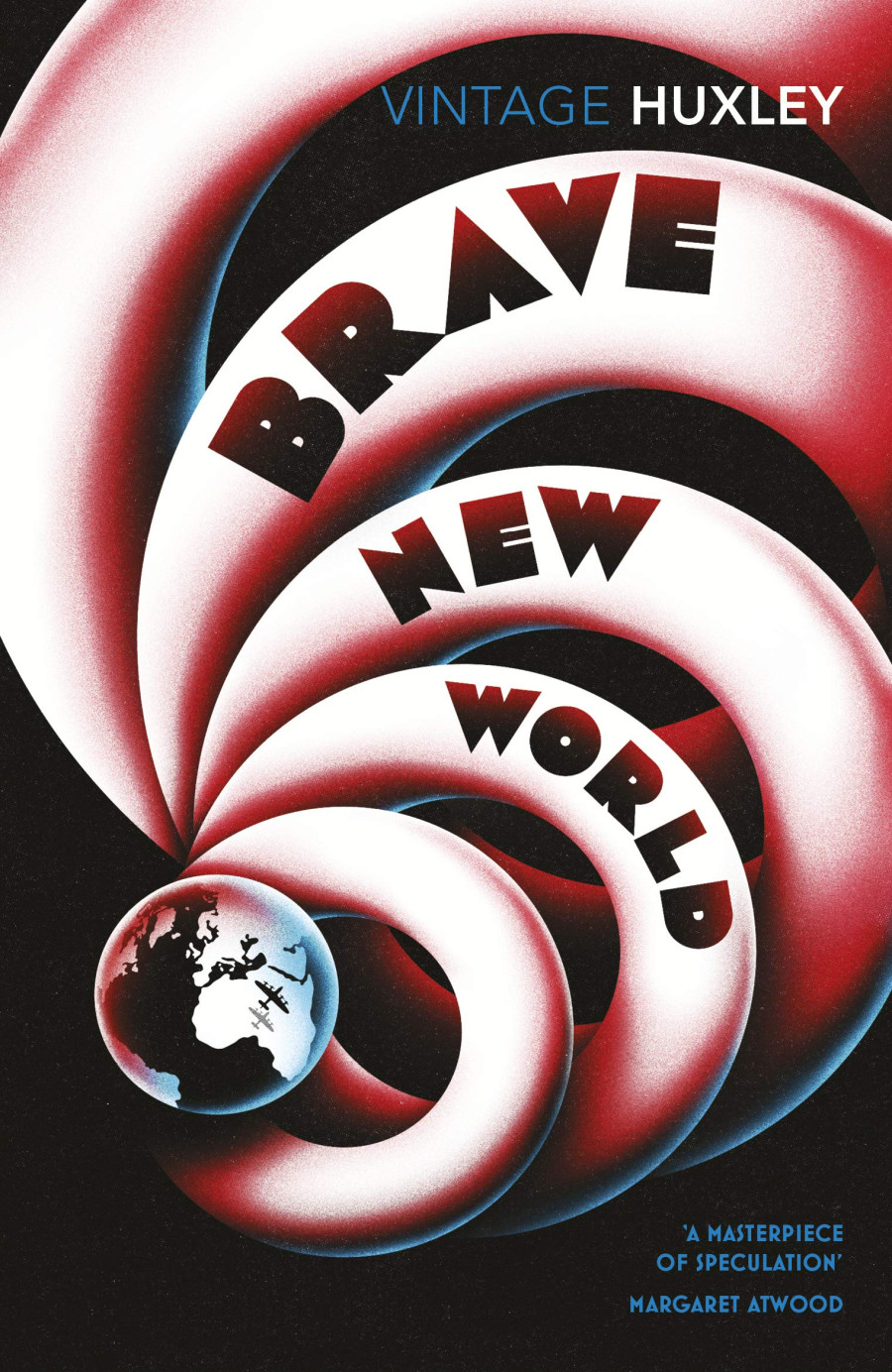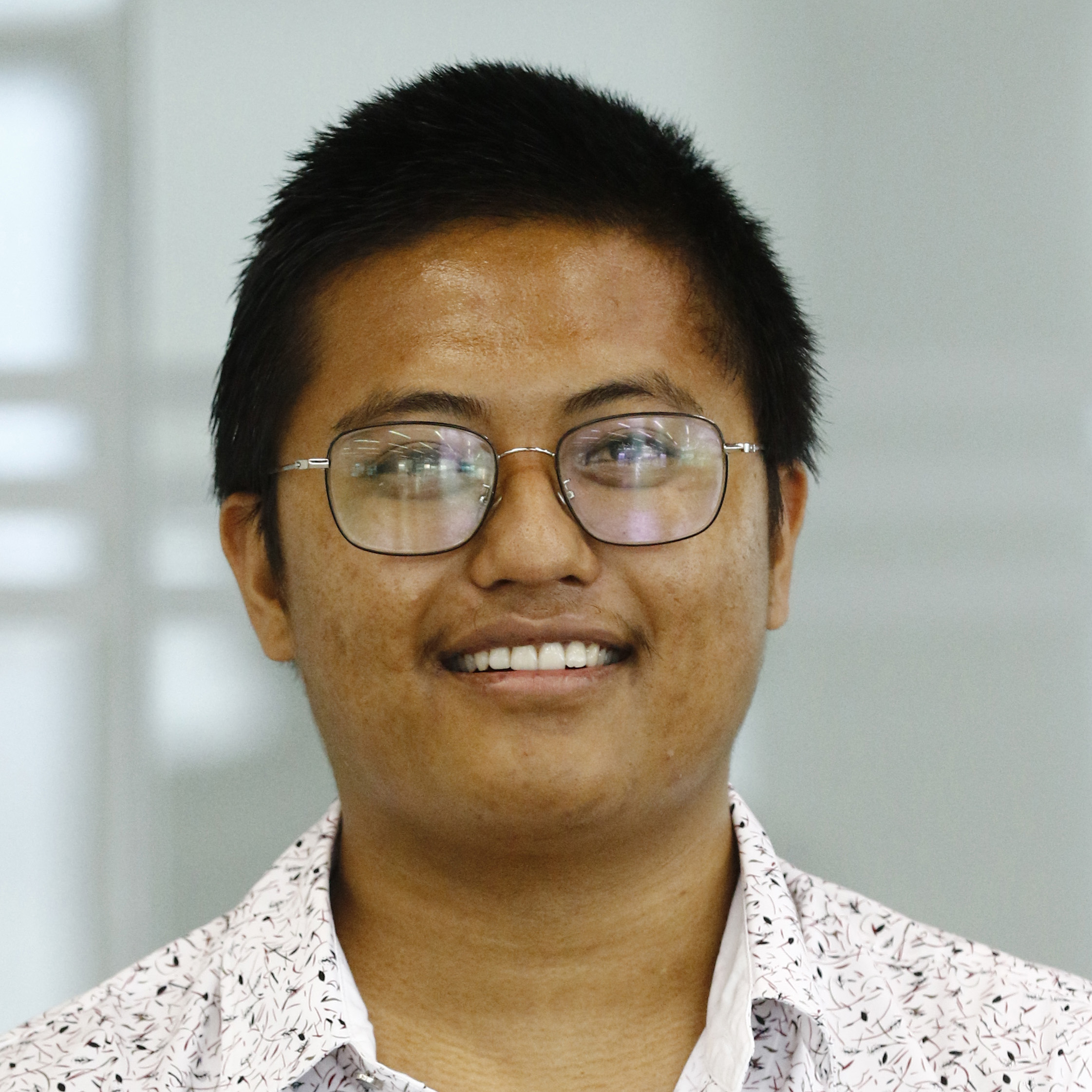Books
A dystopian utopia or a utopian dystopia
‘Brave New World’ stands as a warning that in our strive to enrich our lives and put convenience over everything else, we might be heading towards our own destruction.
Shranup Tandukar
“For God doth know that in the day ye eat thereof, then your eyes shall be opened, and ye shall be as gods, knowing good and evil.” -Genesis 3:5
Human beings’ first foray into godhood, according to the ‘Book of Genesis’, was when human beings came to distinguish between good and evil. Human beings have always been awed at the concept of omnipotent, omniscient, and omnipresent god.
‘Brave New World’, a sci-fi dystopian novel written by Aldous Huxley, shows a society where mortals have become gods by prevailing over nature; The 10 world controllers with their factories of hatcheries and conditioning, neo-pavlovian conditioning techniques, sleep-teaching, mind-altering drug ‘soma’, and caste-based hierarchies have achieved the fabled. The status quo in 'Brave New World' allows few select individuals to control what kind of mortals will be born, what kind of behaviours, attitudes, and belief systems they will inherit, and what kind of aspirations they will harbour—their entire life trajectory mapped out before they are even born.
The ‘civilised world’s reigning motto in ‘Brave New World’ is ‘COMMUNITY, IDENTITY, STABILITY’ [sic]. In the year of stability A.F. 632 (After Ford), there is stability everywhere; human beings have duties whether hard labour, rhyme-writing or sleep-learning specialist that they inherently love; helicopters are personal modes of transportation; hedonistic lifestyle is revered; there is no concept of god; death is as casual as a walk in the park. In such a world, human beings are structured in a hierarchy of Greek alphabets—Alpha, Beta, Gamma, Delta, and Epsilon. Alpha and Epsilon are not differentiated on a superficial category but a physiobiological one—Alpha members are physically and intellectually more capable than Epsilons, who are genetically modified to do and enjoy basic labour works in factories. As the Director of the Hatchery and Conditioning Centre put it, “that is the secret of happiness and virtue—liking what you’ve got to do. All conditioning aims at that: making people like their unescapable social destiny.”
Written in 1931 and published in 1932, 'Brave New World' is the magnum opus of Aldous Huxley. Jarred by the effects of industrialisation and the then Victorian society, Huxley wrote the novel in the aftermath of the first world war. Much of the novel’s plot is set in a futuristic vision of London and some in a Savage Reservation in New Mexico.
Regarded as a contemporary to ‘1984’ (published in 1949) by George Orwell, 'Brave New World' paints a picture of a future world that turns dystopian in its quest to make a stable utopia. The two novels—though they both have stood the test of time and remain critical works that are still relevant today—differ in their portrayal of dystopia. Social critic Neil Postman phrased it aptly in the foreword of his 1985 book ‘Amusing Ourselves to Death’, “Orwell feared that what we hate will ruin us. Huxley feared that what we love will ruin us.”
While Orwell portrayed a dystopian society as one where an authoritarian regime will control the world with threats of violence and thought police, Huxley portrayed a contrasting world where individuals are conditioned to follow the rules of the society through neo-pavlovian conditioning techniques. As our attention spans decrease and every media product we consume leads to advertisements, we inch ever closer to the society of ‘Brave New World’ where individuals do not notice nor care about their lack of agency.
One of the protagonists of the novel, Bernard Marx is portrayed as one of the few individuals who oppose the status quo, a society where free will does not exist. Marx is infatuated with Lenina Crowne, a beta who works in the Hatchery. He dislikes that she doesn’t have her own free will and succumbs to the will of other Alpha males and gives in to their desires. But as the plot progresses, Marx is revealed to be a flawed character who only opposes the status quo because he doesn’t fit into it—he being an Alpha doesn’t look physically like an Alpha nor does he command as much respect as other Alphas do. The discovery of John the Savage, the child of Linda and Director of Hatcheries and Conditioning, by Marx allows Marx to rise to the upper echelons of London society as other Londoners and elites interact with Marx so that they can personally witness a ‘savage’.
John the Savage, who has been brought up in a ‘Savage Conservation’ area where gods and deities are still revered and whose ideals and beliefs have been shaped by the works of Shakespeare, finds himself unable to fit into the automated and dystopian society of futuristic London. "You got rid of them. Yes, that's just like you. Getting rid of everything unpleasant instead of learning to put up with it...Nothing costs enough here,” quotes John in a debate against a World Controller. Disillusioned by the society where morals and ideals are shaped to further society’s twisted notion of stability, John the Savage aches to return to his former world. When he is not allowed to return to his home, he attempts to create his own world where he engages in self-flagellation to induce a sense of agency.
A society that seems like a utopia at first glance—no war, no famine, no disease—turns dystopian as we delve into its inner mechanisms. The satire on the consumerist nature of industrialisation is as relevant today as it was in the 1930s. Even when we produce enough food to feed everyone on earth, around 821 million people are considered to be ‘chronically malnourished’.
‘Brave New World’ stands as a warning that in our strive to enrich our lives and put convenience over everything else, we might be heading towards our own destruction. In ‘Brave New World’, where stability is the ultimate value, the science and technology that allowed the society to achieve such a state with genetically-modified humans, sleep-teaching, and neo-pavlovian conditioning became a threat to the society itself. Science, which always looks towards innovating and upgrading the current scenario, became a threat to the notion of stability of ‘Brave New World’, which rejects any change. In our current search for convenience, we are creating technologies that may disrupt our society’s very fabric and the quality that makes us human.
Huxley’s novel is a must-read even after almost 90 years of publication because it taps into the nature of human beings. We all crave stability or peace in our society, but it must not come at the cost of our free will. As our society becomes ever more technologically advanced and modern, there is always a danger that we will venture more into dystopia instead of utopia. In ‘Brave New World’, Huxley has written, “What man has joined, nature is powerless to put asunder.” And as humans continue to pursue dominance over nature, the world hurdles ever quicker towards destruction.
———————————————————-
Brave New World
Author: Aldous Huxley
Publication: Vintage Classics (Penguin Random House)




 27.48°C Kathmandu
27.48°C Kathmandu










